When Doctor Who fans watched that jaw-dropping Season 2 finale, nobody expected the series to disappear so quickly from our screens. The stunning regeneration of Ncuti Gatwa's Fifteenth Doctor into what appeared to be Billie Piper left viewers with countless questions. Now a bigger mystery looms. When will we actually get answers?
The partnership between Disney+ and the BBC has officially ended, according to Variety, leaving the future of the beloved sci-fi series hanging in the balance. What started as an ambitious collaboration to elevate Doctor Who to new heights concluded after just two seasons, and the Time Lord's next move is unclear.
What went wrong with the Disney partnership?
On paper, the Disney+ collaboration launched in 2022 looked like a dream upgrade. In practice, it exposed mismatches between Disney's streaming playbook and Doctor Who's singular, fiercely loyal fanbase.
Start with the numbers. In the UK, the latest season averaged 3.2 million viewers, a significant drop from Jodie Whittaker's final season in 2021, which averaged 4.9 million per episode, as reported by Metro. That slump stung even more given the bigger marketing push and higher production spend.
Internationally, Disney stayed quiet on performance. In streaming, that silence usually means things did not go to plan, according to What's On Disney Plus. The show also failed to crack Nielsen's top 10 streaming charts during its run despite Disney's substantial investment, The Hollywood Reporter notes. If the goal was to stand shoulder to shoulder with Star Wars and Marvel on Disney+, the strategy misfired.
Why the creative challenges created bigger problems
The numbers were one issue, the creative knock-on effects another. The budget rose, often pegged around £10 million per episode by some sources, but Disney's technical requirements absorbed much of that headroom.
Russell T. Davies found himself constrained by Disney's insistence on 4K HDR production quality, which CBR reports meant most of the budget increase was absorbed by upscaling images and visual effects rather than enhancing creative storytelling elements. Bigger kitchen, shinier appliances, same ingredients.
That tech-first focus made other choices wobble. The series drew criticism for storylines some viewers felt pushed political agendas too heavily, with complaints about the show being too "woke" becoming a recurring theme, What's On Disney Plus explains. Doctor Who has always tackled social issues, but with brand caution and tight schedules, those themes sometimes felt placed instead of woven.
Then there was scheduling. Ncuti Gatwa's limited screen time in Season 1 due to other commitments meant audiences had less time to connect with the new Doctor before turbulence hit, Yahoo Entertainment reports. A neat snapshot of the broader problem, where corporate logistics crowded out audience investment.
What's actually happening with the show's future?
Disney is out. The BBC is still in. The network has already announced plans for a 2026 Christmas special written by Russell T. Davies, signaling that the Time Lord's adventures will continue, Variety confirms.
Better yet, Davies has reportedly completed scripts for the next two seasons, with plans extending through what would be Series 17, The Mirror reports. It reads like he anticipated this transition and kept momentum alive.
The BBC is actively exploring new partnerships, with industry rumors suggesting that Netflix and HBO Max are both in talks to acquire streaming rights for future seasons, according to Yahoo Entertainment. What makes these potential partnerships feel more promising is that both platforms have shown more willingness to support creative vision over rigid specs, think Stranger Things' practical effects approach or The Last of Us' character-driven storytelling.
Meanwhile, the Whoniverse continues to expand with the upcoming spinoff "The War Between the Land and the Sea," starring Russell Tovey and Gugu Mbatha-Raw, which will still air on both BBC and Disney+ as part of the original agreement, Variety notes. A bridge between eras, and a hint of what freer creativity might look like.
Where does this leave fans waiting for answers?
The biggest challenge facing Doctor Who is not just finding a new streaming partner, it is the unprecedented creative predicament the Season 2 finale created. The regeneration into Billie Piper's form has pushed the canon into uncharted territory.
One industry writer captured the scope of this problem, noting that "everything that is ever going to be produced in Doctor Who terms is going to feel retrogressive," Cinema Blend reports. The ripple effects go beyond television. The entire Doctor Who publishing ecosystem is effectively frozen. No one wants to commission novels, comics, or audio dramas featuring a Billie Piper Doctor because, as the writer explains, "no one knows what that means."
So the franchise holds its breath while fans wait for the 2026 Christmas special. The BBC's commitment remains strong, with officials stating that "The Doctor is not going anywhere, and we will be announcing plans for the next series in due course," The Hollywood Reporter confirms.
Realistically, regular series production might not resume until 2027, Cinema Blend suggests. For a show built on momentum and regeneration, that is a long pause.
The regeneration continues, just not where we expected
Doctor Who has survived cancellations, budget cuts, creative upheavals. This transition is trickier. Unlike the 1989 to 2005 gap, when fans still had a clear Doctor to rally around, the Billie Piper cliffhanger created a limbo that touches every part of the ecosystem.
What makes it tougher is the media sprawl. Doctor Who now lives across platforms, publishing lines, and international markets that all need continuity guidance. The Disney partnership's end lands right as the story puzzle is at its gnarliest, a perfect storm of uncertainty.
Even so, the BBC's commitment and Davies' forward planning suggest the series will come out stronger. The 2026 Christmas special will likely deliver crucial answers about the Billie Piper twist while setting a new direction free from corporate technical constraints, Variety reports.
Bottom line, if you are wondering when regular production returns, patience first, renewal next. As Russell T. Davies declared earlier this year, "Doctor Who is forever, and the future is bright," The Mirror notes. This time that brightness will not be filtered through streaming politics, it will come from storytelling that puts the Time Lord's adventures ahead of technical specifications and market demographics.
The show that has been regenerating for over 60 years is not about to stop. It is just figuring out its next form. Which, honestly, is the most Doctor Who thing imaginable.




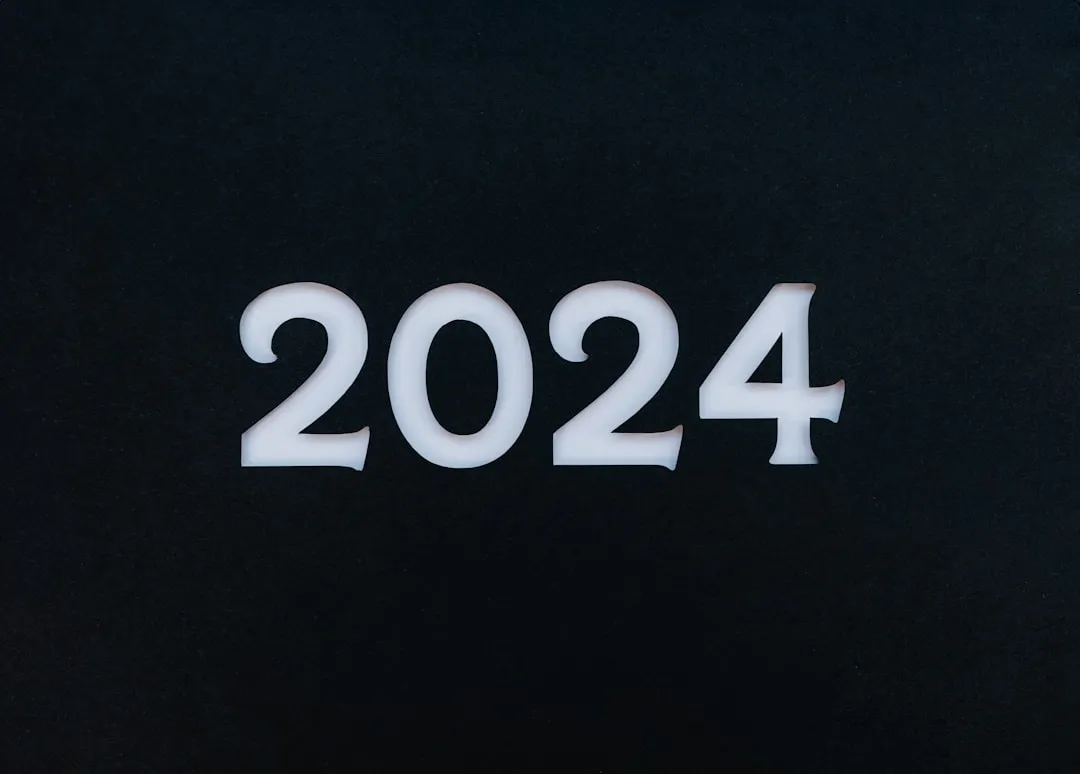
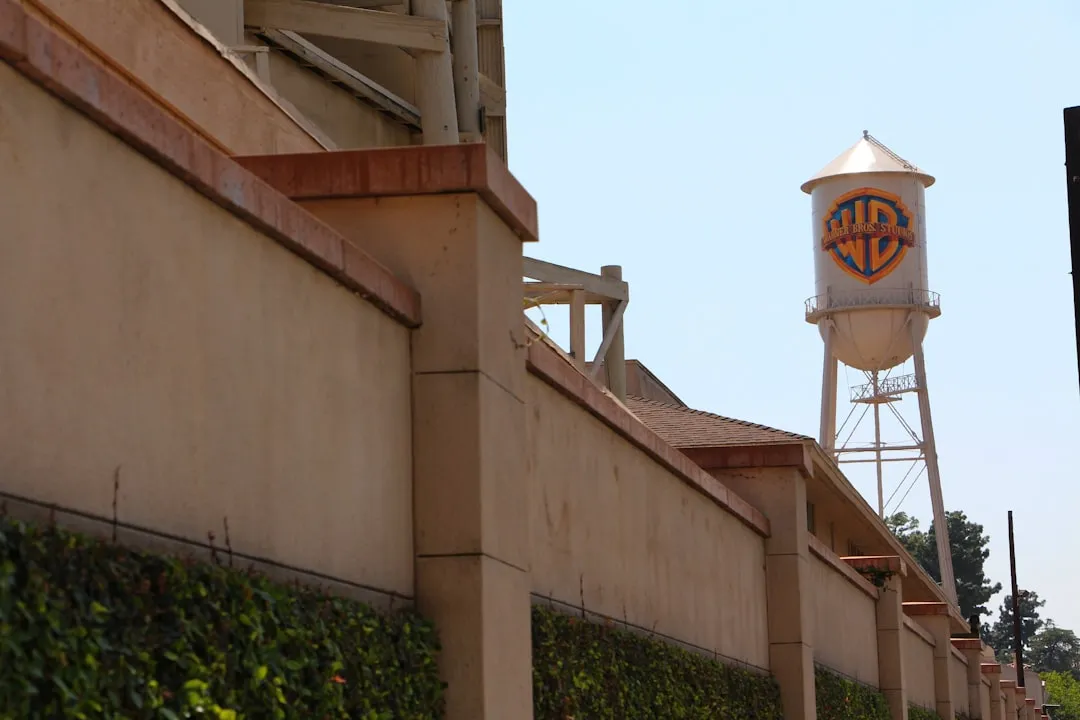
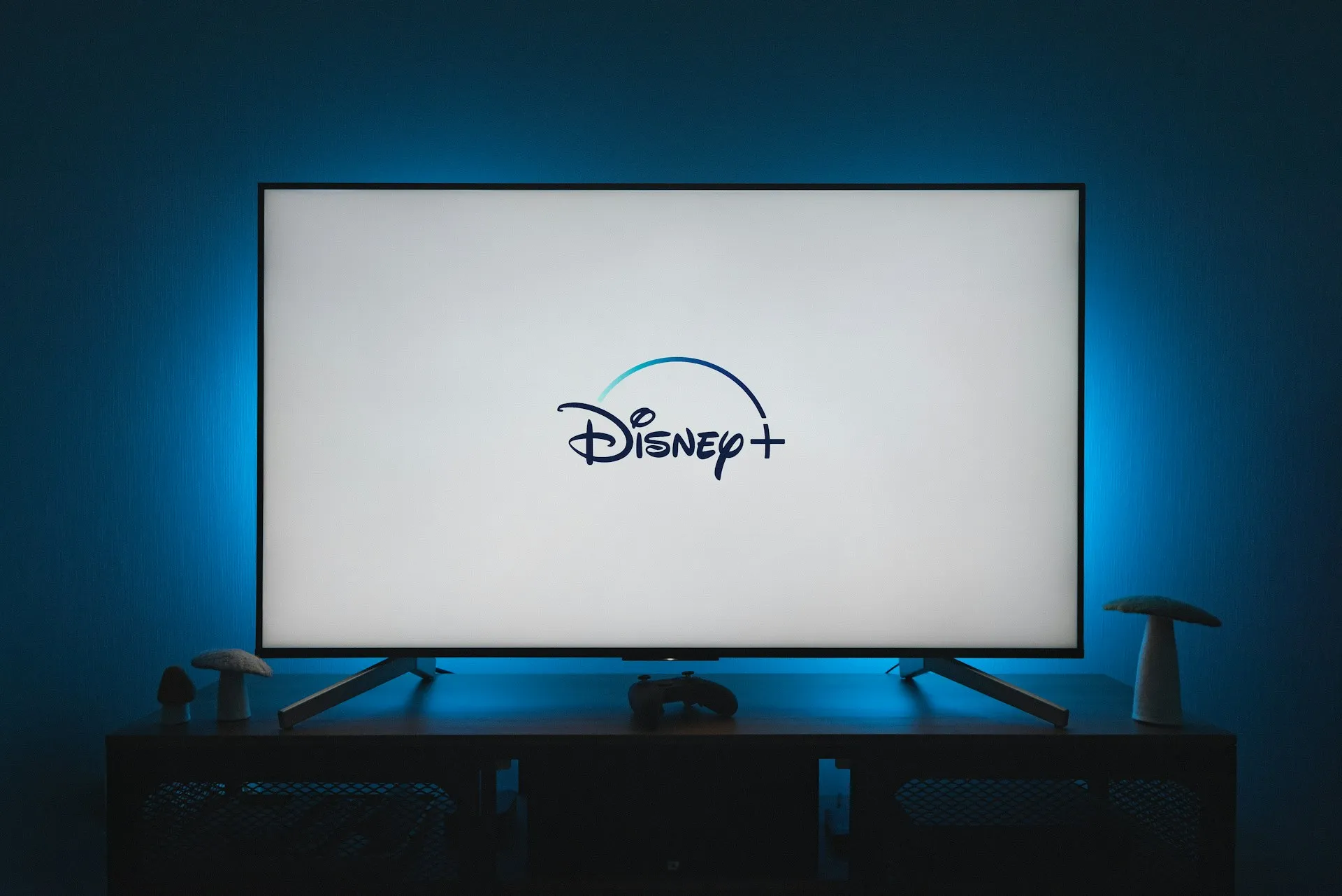
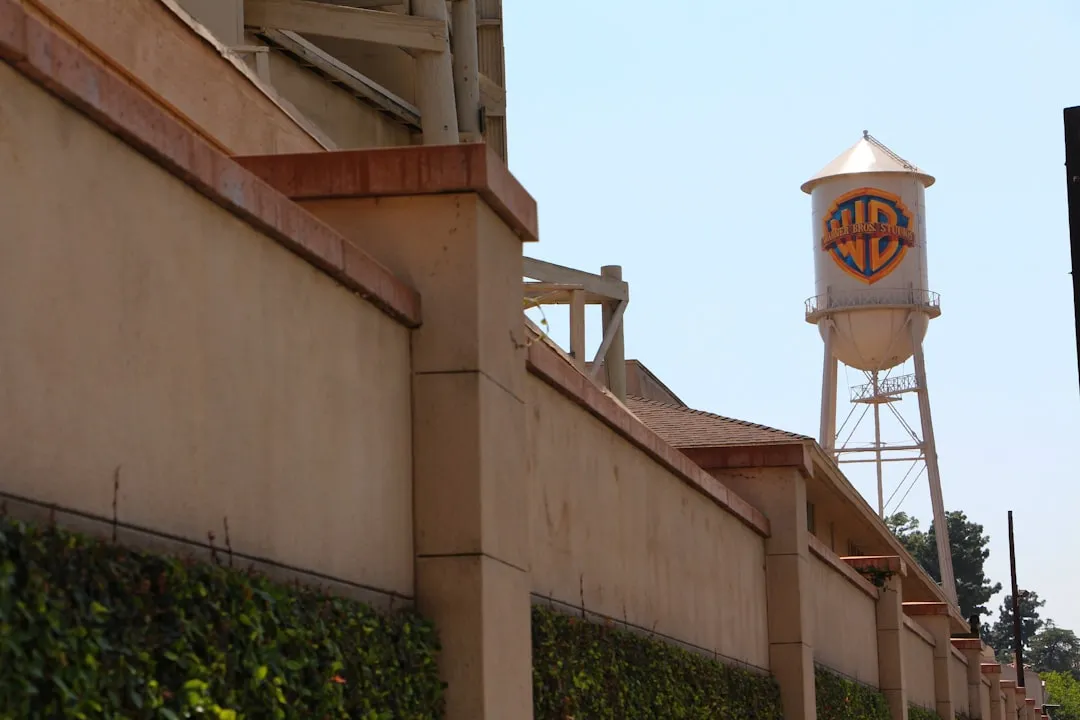
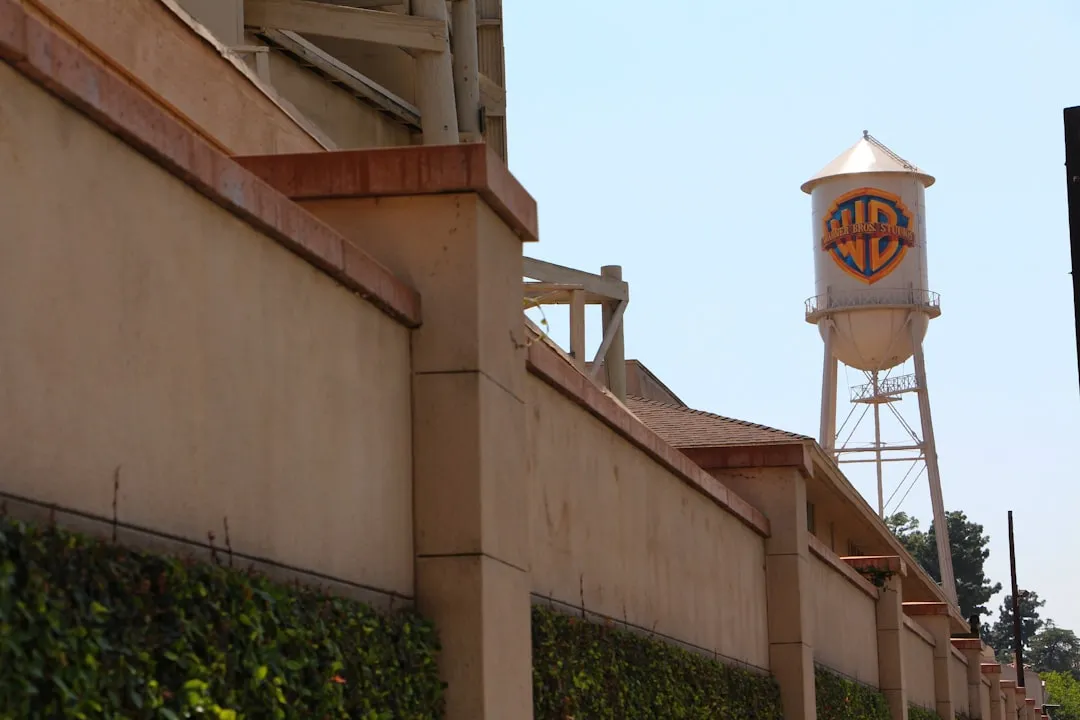
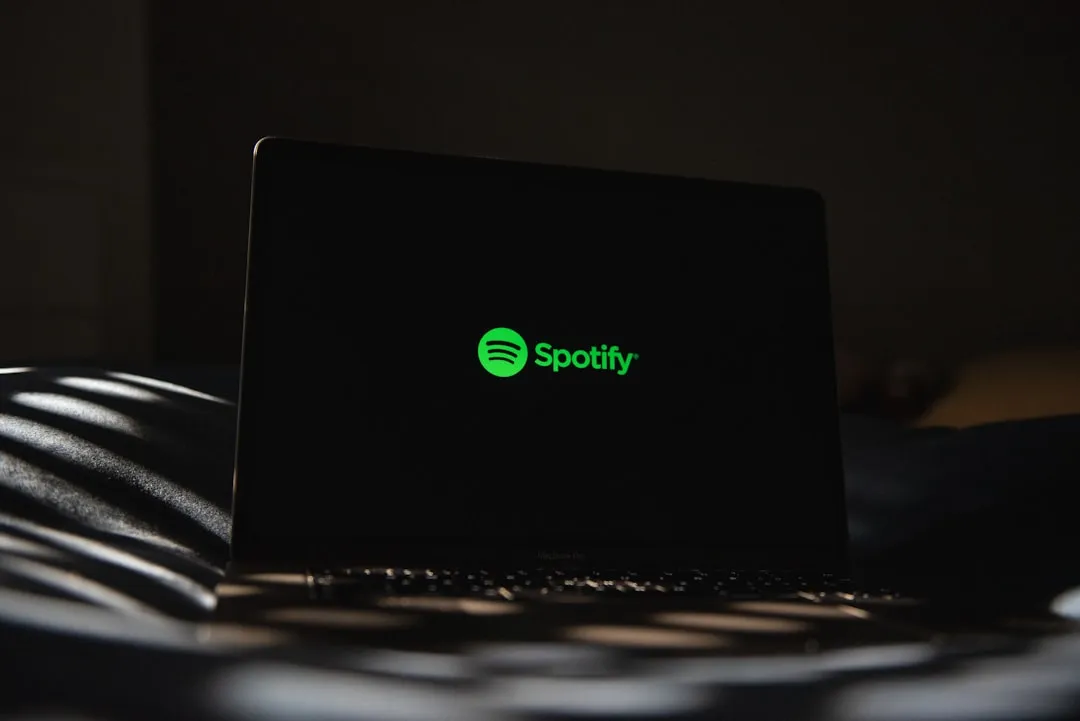

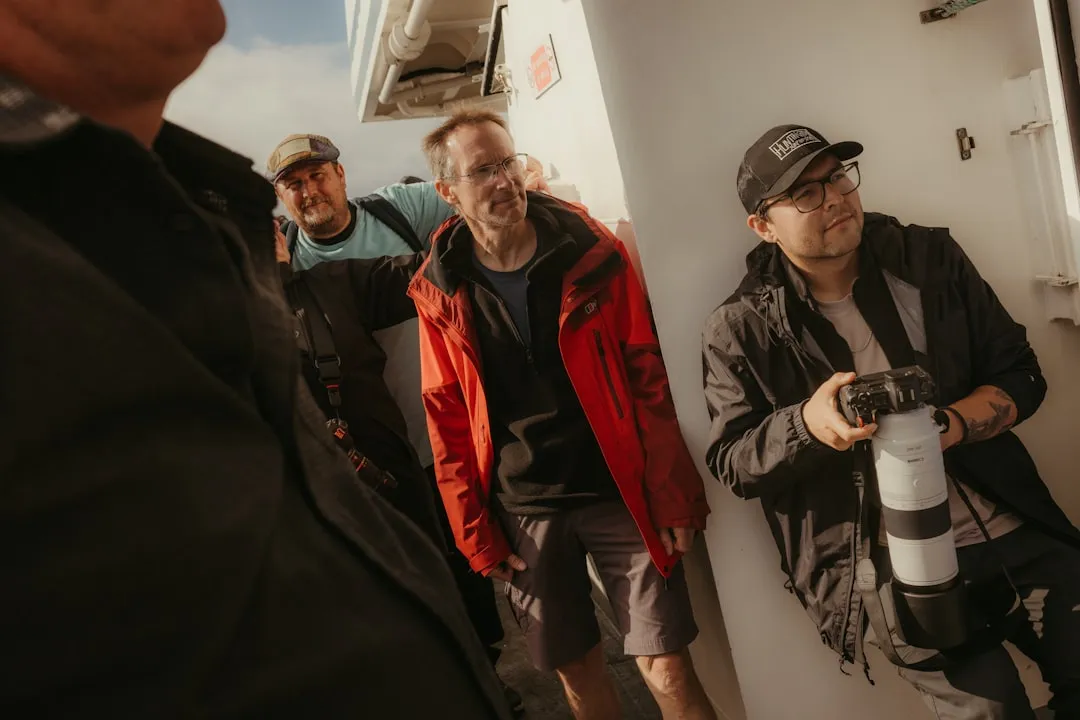

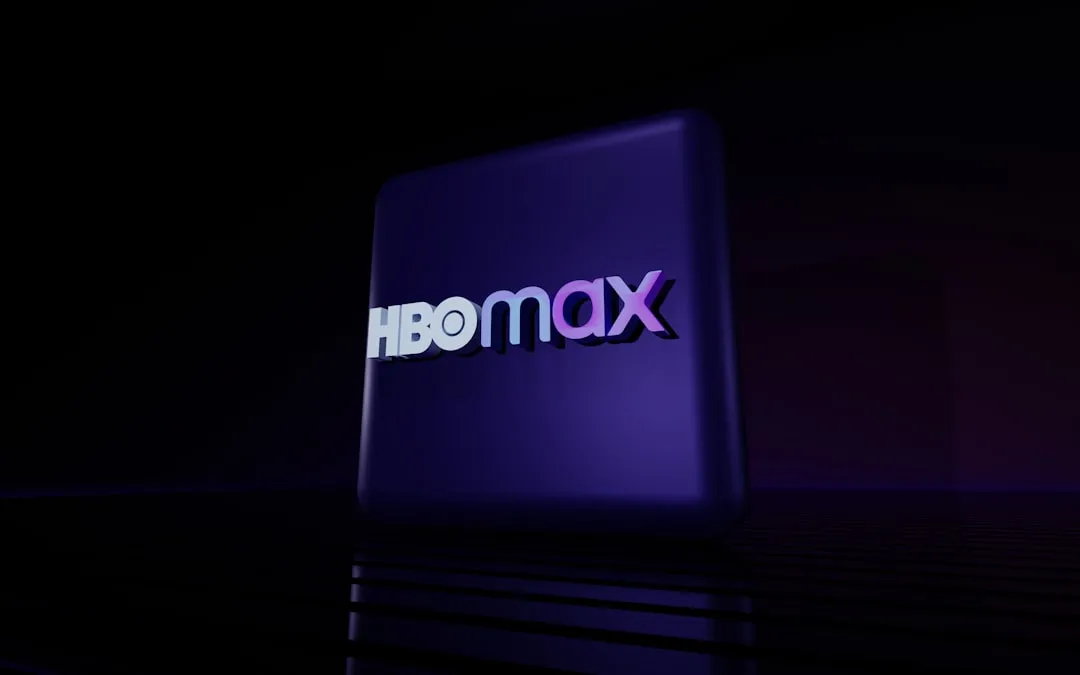
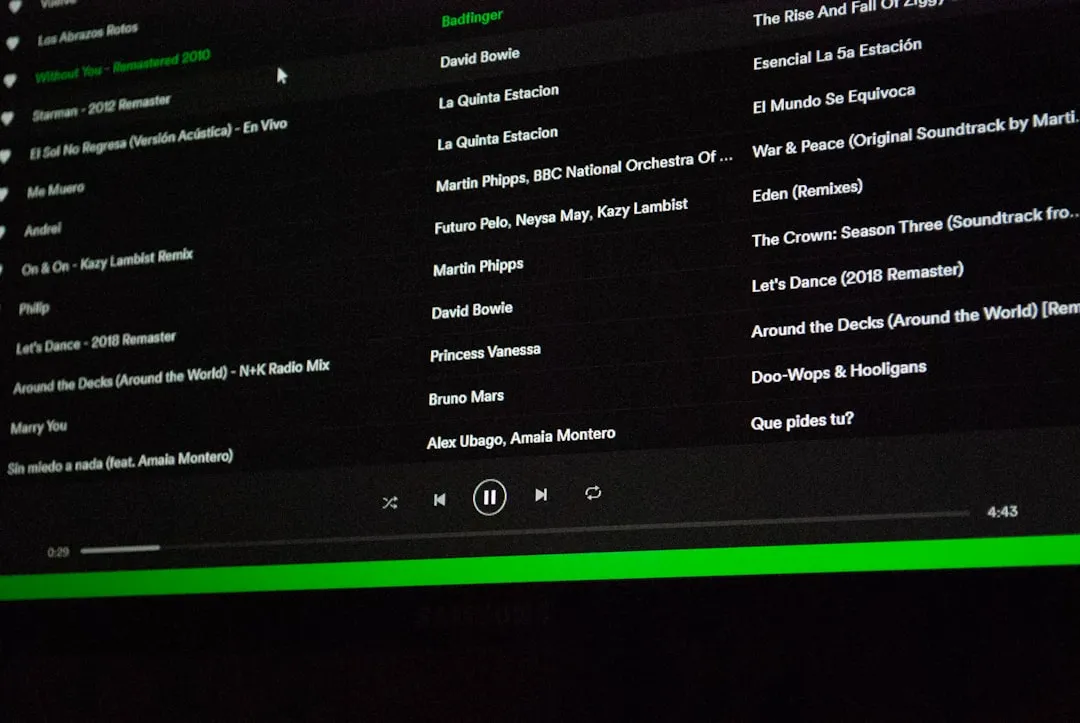
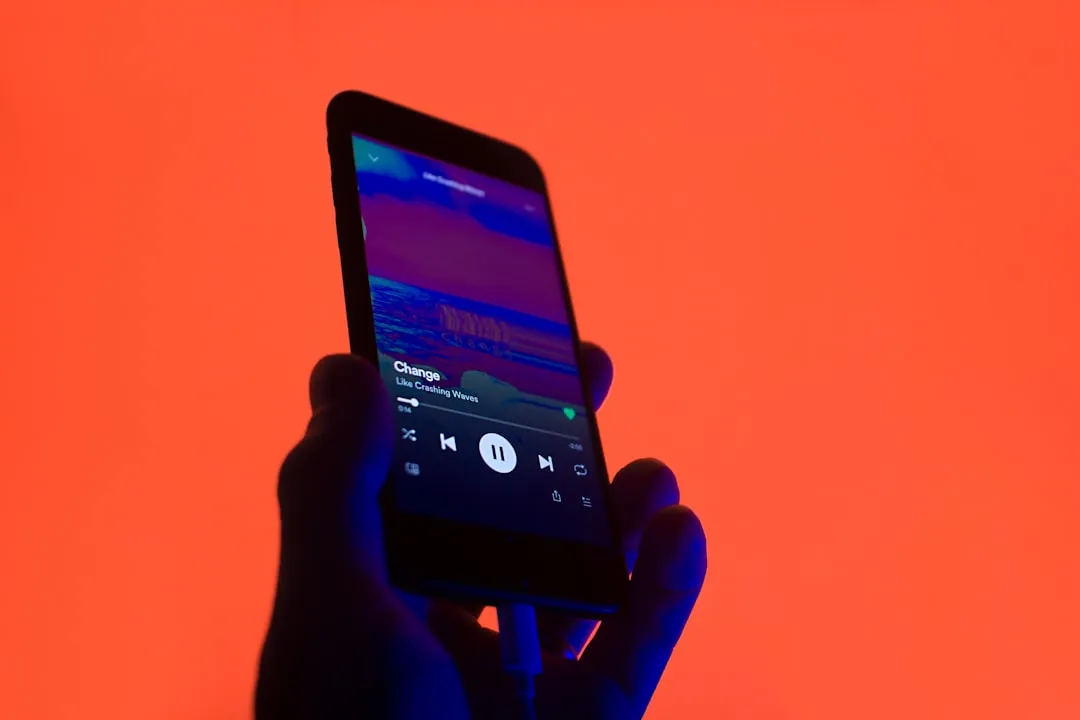
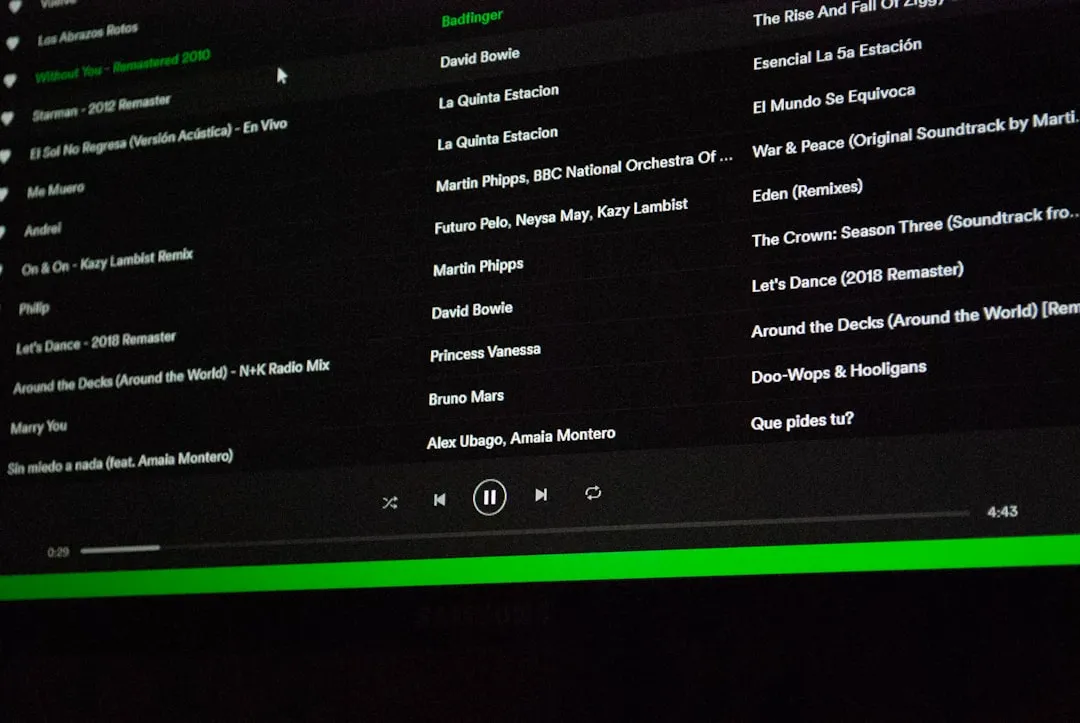
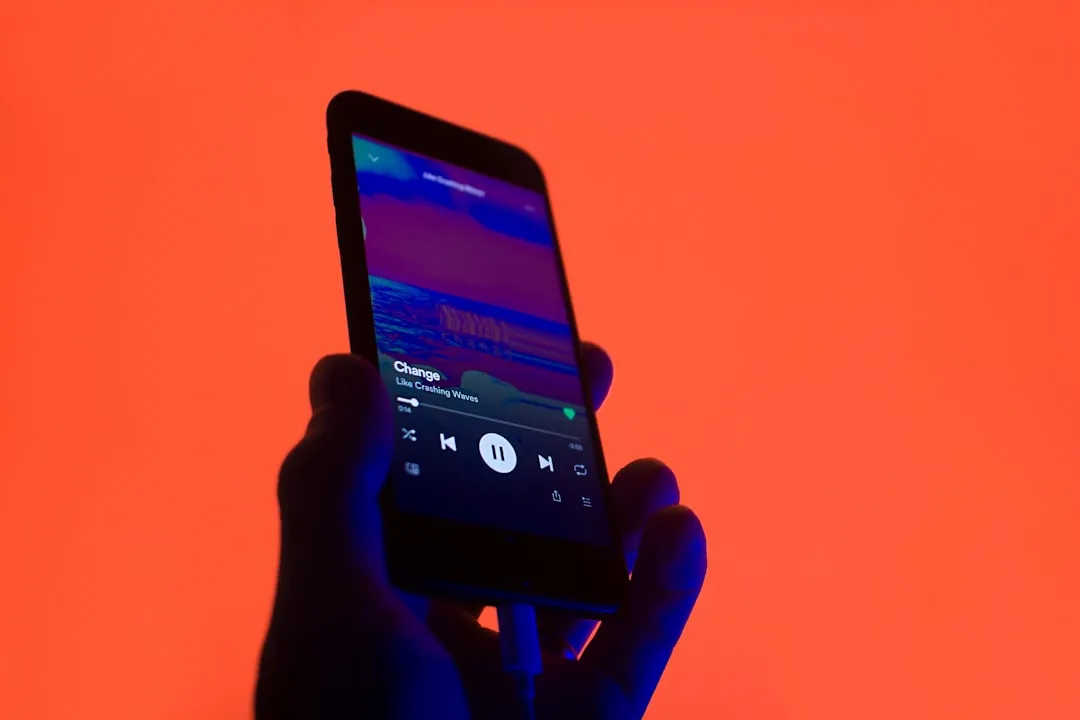
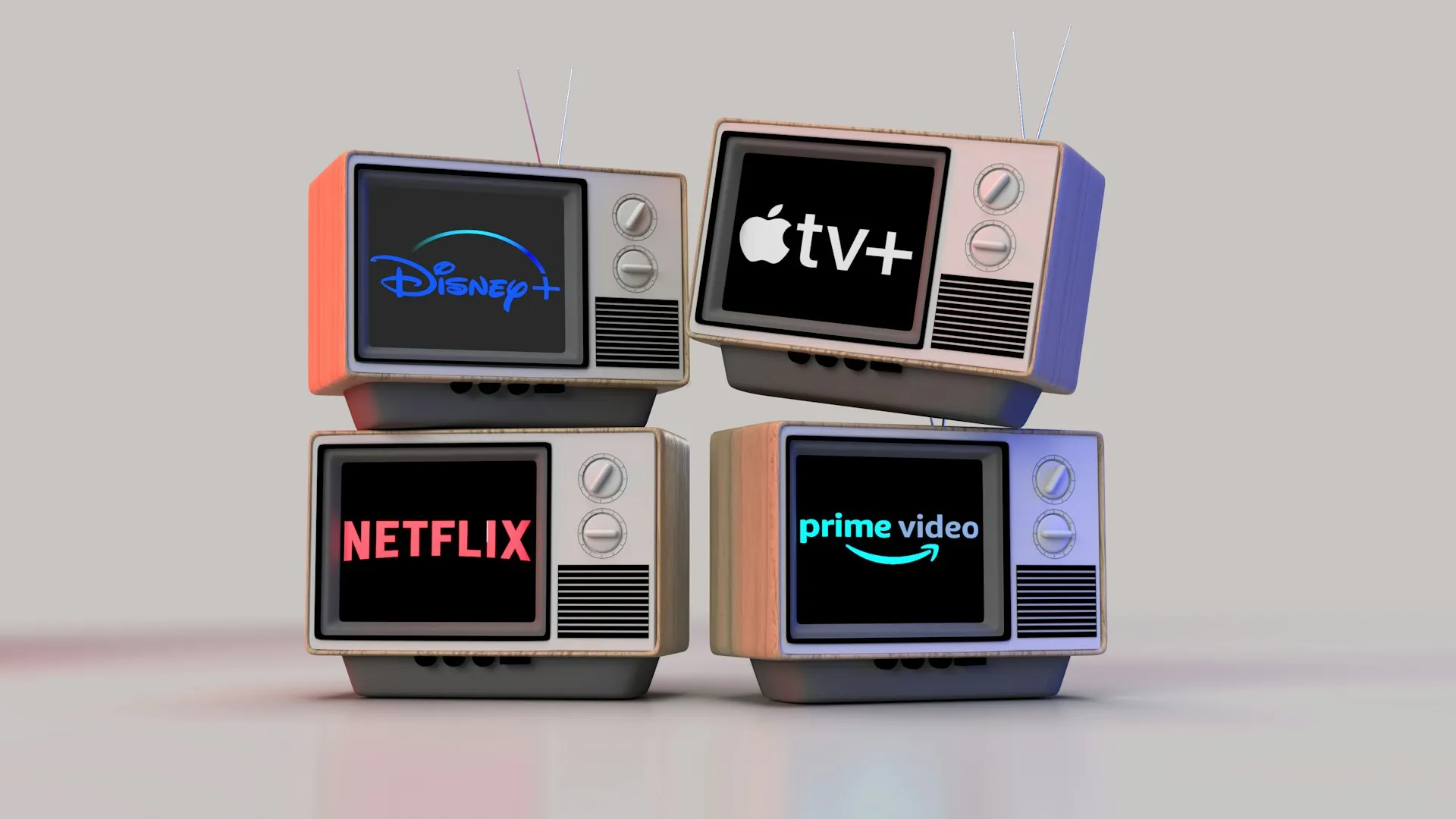
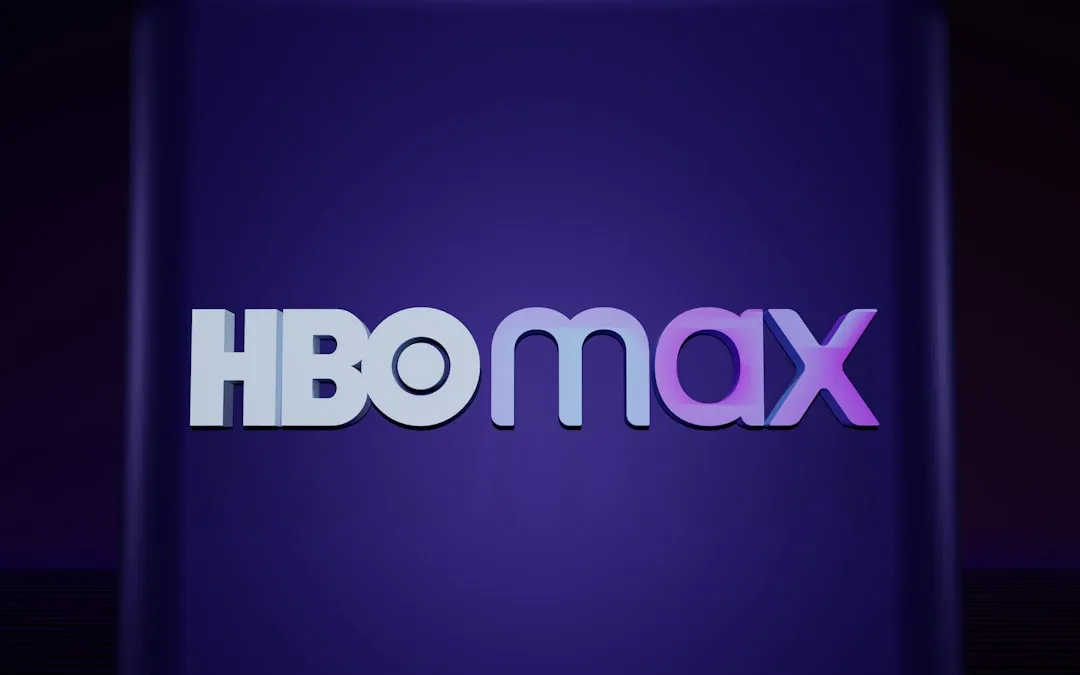
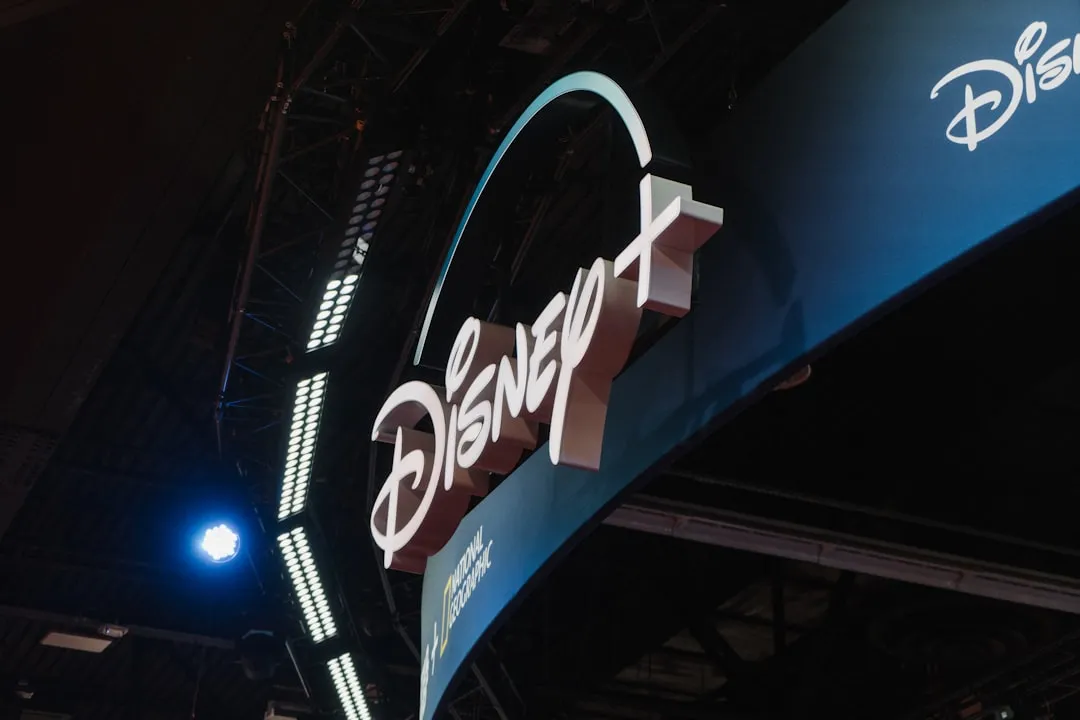


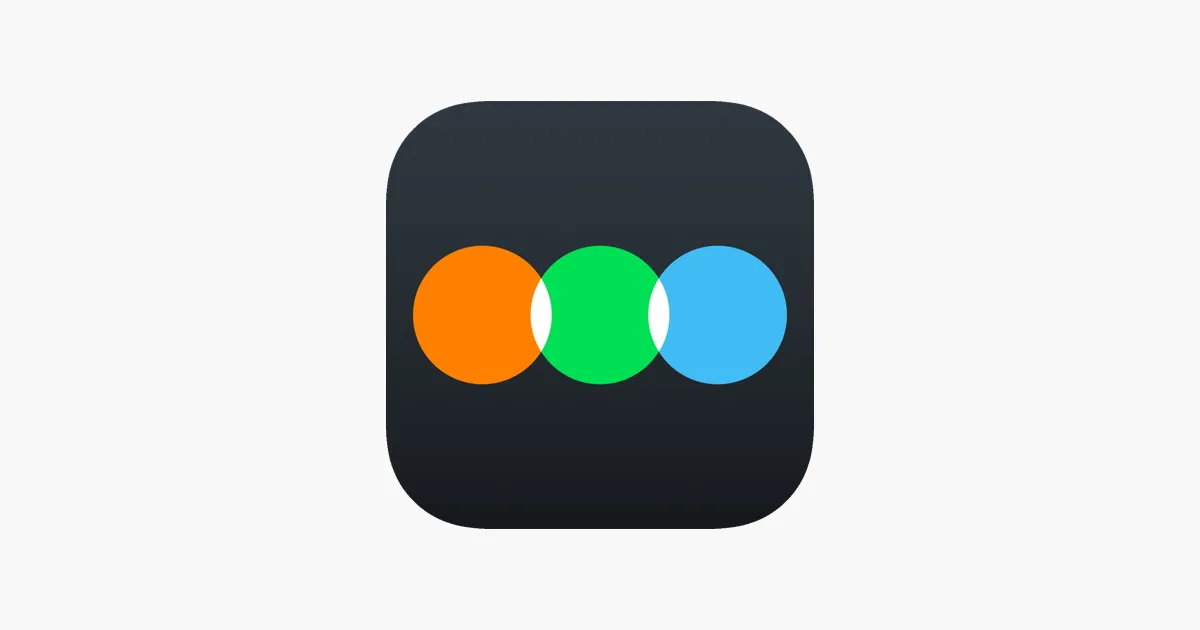
Comments
Be the first, drop a comment!